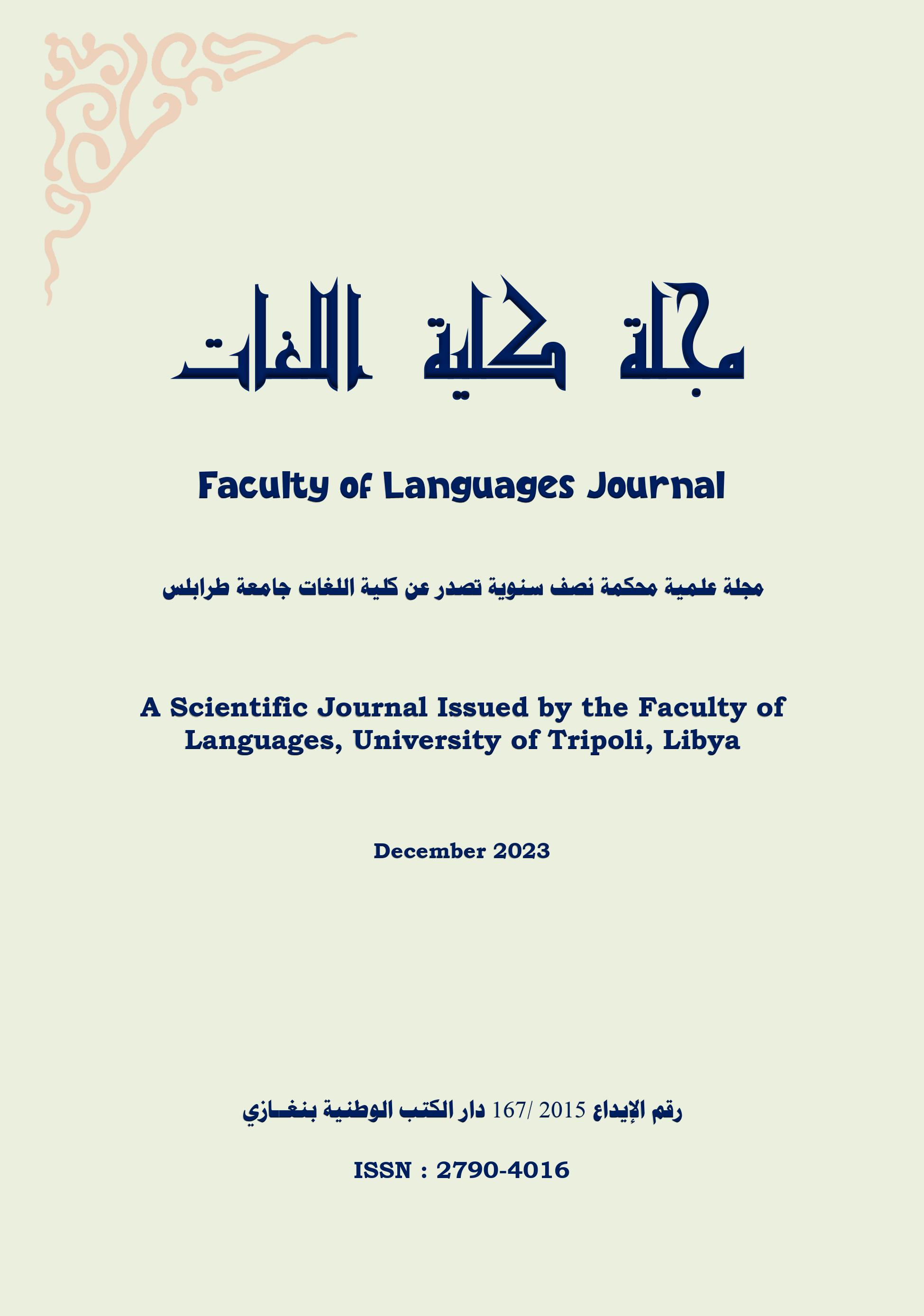Children’s Books as a Bridge to Overcome Diglossia: A Case Study of Arabic Children’s Stories in Tripoli, Libya
Keywords:
MSA, Diglossia, Children’s, TripoliAbstract
This research aims to investigate the efficacy of children’s books to overcome the diglossic linguistic phenomenon in Tripoli, Libya. The qualitative analytical research method was employed by which four Arabic children stories written in Modern Standard Arabic, (MSA) were examined. The problematic lexicons the child may face due to the vast difference between MSA language and the Libyan Tripolitania Dialect were studied. A list of words in Modern Standard Arabic, which were complex for a child to understand, had been selected and organised into tables. Each word was accompanied by its transcription, the equivalent word in the Libyan Tripolitania dialect, its transcription and finally the English translation of the word. It was found that the stories were written in a simple language suitable for the age group of seven to nine. The writer gave the lexicons that might pose a challenge to the child extra attention to simplify them and ease comprehension so as to intensify the pleasure of reading. Repetition was also utilized to explain and teach the new lexicons. Pictures were artistically employed to clarify some of the ambiguous words. Some recommendations to further overcome diglossia were highlighted



